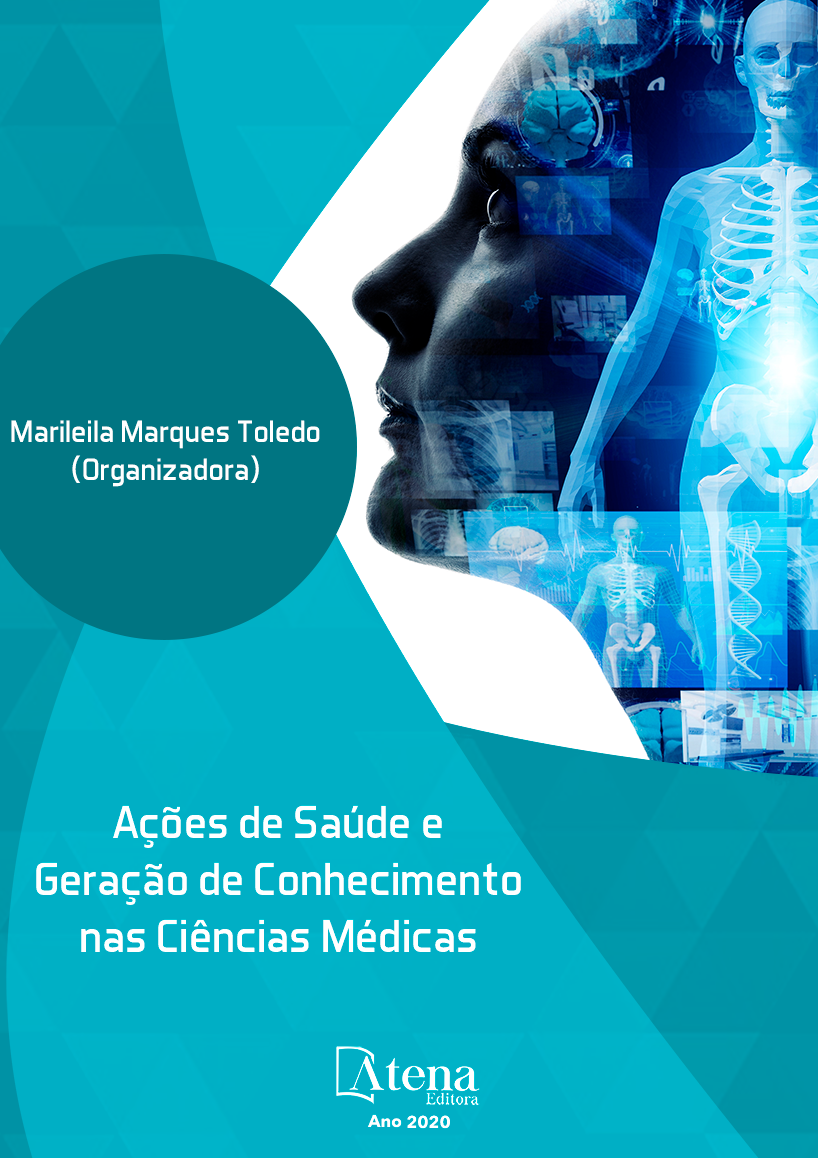
CUIDADOS PALIATIVOS NA ATENÇÃO PRIMÁRIA À SAÚDE: HABILIDADES, COMPETÊNCIAS E OS DESAFIOS PARA A FORMAÇÃO PROFISSIONAL
A melhoria dos recursos biomédicos e sanitários tem possibilitado o aumento da expectativa de vida da população brasileira. Este envelhecimento, aliado aos novos hábitos de vida, tem favorecido a ocorrência de doenças e agravos crônicos não transmissíveis - com destaque para os cânceres, muitas vezes, sem cura, fazendo com que os cuidados paliativos (CP) surjam como único recurso terapêutico. Os CP envolvem uma abordagem que visa promover qualidade de vida do paciente e de seus familiares frente à impossibilidade de resolutividade terapêutica e de continuidade da vida. A precoce identificação dos casos, ampla avaliação, tratamento da dor e de outras aflições psicossociais são elementos fundamentais desta prática. Além disso, os serviços de saúde precisam se organizar a partir desta demanda crescente, sendo a Atenção Primária à Saúde (APS) um ambiente fértil para prestar estes cuidados, pois além de permitir a proximidade geográfica, cultural e emocional do paciente com seus entes queridos (familiares e vizinhos), garantindo seus últimos dias de vida com integridade e autonomia; tem-se o importante trabalho em equipe multidisciplinar nas Estratégias Saúde da Família e nos Núcleos Ampliados de Saúde da Família e Atenção Básica. Destaca-se que os cuidados não deixam de ser ofertados em outros níveis, pautando-se na lógica das Redes de Atenção à Saúde, integralidade, humanização, referência e contrarreferência. O desafio para os currículos dos cursos de formação em saúde é acompanhar essas mudanças, buscando formar profissionais com embasamento científico e humanitário condizente com esta nova realidade clínica, seja em disciplinas específicas – o ensino se concentra no aprofundamento dos aspectos técnicos e humanos; ou por meio de ensino transversal – discutindo-se CP ao longo da formação, em qualquer disciplina. Assim, espera-se que os profissionais sejam cuidar oferecendo conforto e tranquilidade ao doente e aos familiares, colaborando na humanização das “formas de morrer” no Brasil.
CUIDADOS PALIATIVOS NA ATENÇÃO PRIMÁRIA À SAÚDE: HABILIDADES, COMPETÊNCIAS E OS DESAFIOS PARA A FORMAÇÃO PROFISSIONAL
-
DOI: 10.22533/at.ed.4922013035
-
Palavras-chave: Cuidados Paliativos; Atenção Primária à Saúde; Formação Profissional em Saúde; Humanização da Assistência; Assistência à Saúde.
-
Keywords: Palliative Care; Primary Health Care; Professional Health Training; Humanization of Assistance; Delivery of Health Care.
-
Abstract:
The improvement of biomedical and health resources has made it possible to increase the life expectancy of the Brazilian population. This aging, combined with new life habits, has favored the occurrence of chronic non-communicable diseases and injuries - especially cancers, often without cure, causing palliative care (PC) to emerge as the only resource therapeutic. The PC involve an approach that aims to promote quality of life of the patient and his/her family members in the face of the impossibility of therapeutic resolution and continuity of life. Early identification of cases, wide evaluation, pain treatment and other psychosocial afflictions are fundamental elements of this practice. In addition, health services need to organize themselves from this growing demand, with Primary Health Care (PHC) being a fertile environment to provide this care, because in addition to allowing the geographical, cultural and emotional proximity of the patient with their loved ones (family and neighbors), ensuring their last days of life with integrity and autonomy; there is important work in a multidisciplinary team in the Family Health Strategies and the Expanded Centers of Family Health and Primary Care. It is noteworthy that care is still offered at other levels, based on the logic of health care networks, integrality, humanization, reference and counter-reference. The challenge for the curricula of health training courses is to monitor these changes, seeking to train professionals with scientific and humanitarian basis consistent with this new clinical reality, either in specific disciplines - teaching focuses on deepening technical and human aspects; or through cross-sectional education – discussing PC throughout training, in any discipline. Thus, it is expected that professionals will be caring for offering comfort and tranquility to the sick and family members, collaborating in the humanization of the "ways of dying" in Brazil.
-
Número de páginas: 12
- Patrícia Silva Rodriguez
- Gabriel Silvestre Minucci
- Antônia Gonçalves de Souza
- André Marinho Vaz
- Luciana Caetano Botelho Salomão
- Ellen Leite Brandão
- Tamara Figueiredo
- Luís Paulo Souza e Souza


